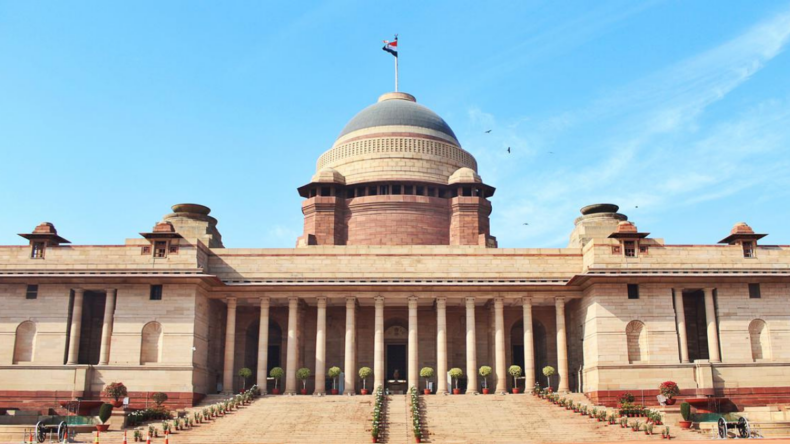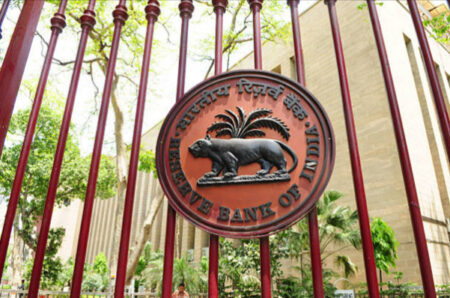In the Budget Session, this Year, Nirmala Sitaraman Declared the Intention of the Union Government to Privatize PSB’s
Union Government is set to introduce “The Banking Laws (Amendment) Bill, 2021 in the ongoing Winter session of the Parliament to facilitate disinvestment/privatization of Public Sector Banks (PSB’s).
As of now, the Government intends to bring down ownership in at least two PSB’s. National Institute of Transforming India (NITI) Aayog had recommended lowering the Government shareholding in two PSB’s to achieve disinvestment targets and other associated benefits of privatization.
Finance Minister (FM) Nirmala Sitaraman also announced intent to privatize two PSB’s in the budget session (2021-22). The proposed Bill is part of the 1.7 Lakh crore Disinvestment drive plugged earlier this year.
The Central Government has proposed privatizing the Indian Overseas Bank (IOB) and Central Bank of India (CBI). Share prices of IOB and CBI went up by 15 to 20 per cent following reports of their privatization.
IOB and CBoI were Private sector banks until they were nationalized in 1969 by the Government.
While interacting with media, Sitaraman said, “We need banks which can scale up. We want banks which will help to meet aspirations and needs of the economy, A lot brainstorming had gone behind the decision to privatize the banks”.
The process of privatization might consume time. According to CNBC TV 18, “This privatization is unlikely to happen this year at least”.
Given the impact of Covid 19 on the demand and supply, investors are shunning away from investment leading to a lack of demand for credit from financial institutions.
Recent steps by the Government attracted criticism from opposition and employee unions. Banking unions had organized protests, the Bank Bachao Desh Bachao Rally at Jantar Mantar, Delhi, to oppose the decision of the Government. General Secretary of All India Bank Officer’s Confederation, Soumya Dutta, officially stated:
“If the Government moves ahead and passes the bill to privatize PSB’s, the bank officials will unite with all stakeholders to launch nationwide agitation”.
Disinvestment/Privatization will pave the way for private investment in Public sector banks. Along with private capital, it will bring efficiency, transparency, and faster decision-making in banks’ day-to-day work.
Better functioning/oversight by private players will improve the recovery of loans and pacify the Non-Performing Assets problem. Disinvestment in these valued Public sector undertakings will infuse liquidity at Public coffers and aid efforts to meet disinvestment targets.
The increased flow of capital, in turn, can be used for Capital expenditure (Development of roads, ports, health and education infrastructure) rather than unproductive revenue expenditure.
There are specific difficulties in the course of privatization. The private sector will hesitate to acquire a shareholding in these banks given the rising number of NPA’s in Public sector banks.
Also, PSB’s staff lacks skills, digital capabilities and overall quality of the workforce, which is imperative in the 21st century.
In 1969, the then Government led by former Prime Minister and then Finance Minister Indira Gandhi nationalized 14 Commercial banks.
The intent behind privatization was to correct skewed penetration of financial institutions, promote regional balance, increase the availability of a formal source of finances to the needy sectors like agriculture, village industries etc.
According to the Reserve Bank of India, the Bank nationalization of 1969 was the single most economical decision any government took since 1947 and had positive socio-economic consequences.












